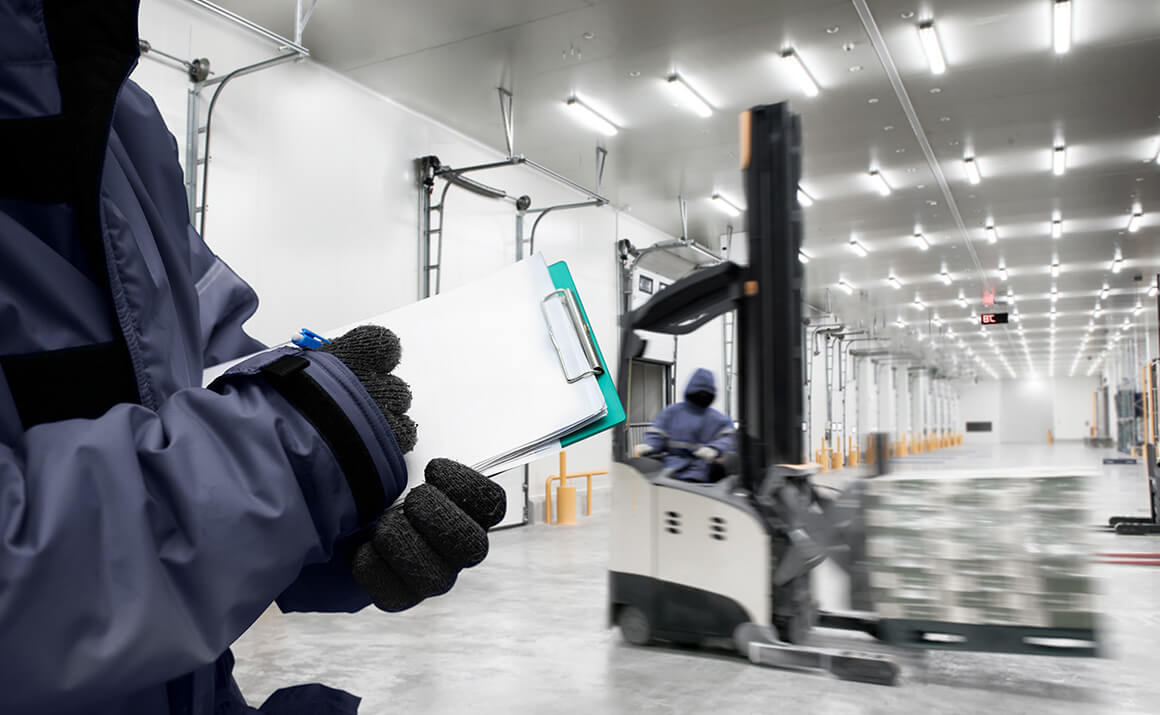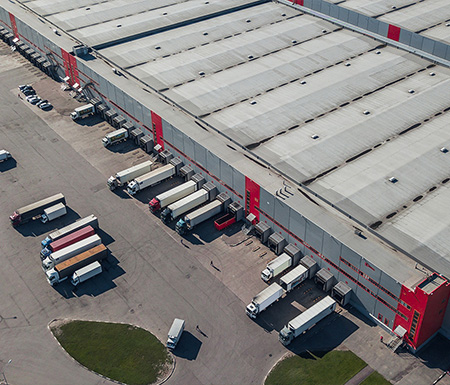
Investors warm to cold storage
Real estate crowdfunding has the potential to revolutionize the market, but like any venture which engages the general public, has a certain amount of risk.
As Asia Pacific grows wealthier and more populous, consumer demand is driving investor interest in cold storage warehouses.
The wider industrial and logistics market has been an investor favourite for several years, but the cold storage sector offers stickier tenants and is also fundamentally undersupplied in Asia Pacific – even developed markets such as Japan or Australia have less cold storage per capita than the US or Western European nations.
Cold storage warehouses are distribution warehouses with either freezers and chillers for frozen and fresh goods. Foodstuffs are most likely to be found in such facilities but they might also be used to store pharmaceuticals, chemicals or wine. Tenants might include third party logistics companies, cold storage logistics specialists or supermarket chains.
Michael Fenton, national head of industrial and logistics at Savills Australia, says: “Cold storage assets are expensive to build and the plant and equipment are worth multiples of the building shell. Being so capital intensive, cold storage occupiers take long term leases of 10,15 or 20 years, to secure the investment they have made in the asset.
“Given the specialised nature of the improvements, the cold storage occupiers generally stay for the long term (beyond the initial lease term), therefore the probability of renewing tenancies is much higher than for generic logistics facilities. An additional benefit for investors is the leases are generally triple net, so it is very light on management requirements.”
The sector is not new, but it has become increasingly important in Asia Pacific as consumers demand better quality foods and more imports, while the growth of online grocery platforms requires more space. Across Asia Pacific, growing populations and growing wealth add up to increased demand for fresh and frozen food.
Fenton says: “Cold storage is intrinsically linked to the core investment themes of food security and non-discretionary retail spending. Regardless of the state of the economy, consumers still spend on food, and cold storage facilities are at the epicentre of the food supply chain.
“Demand has continued to grow through the Covid-19 pandemic and cold storage operators have had to adapt their supply chain model. With cafes and restaurants closing but food delivery services booming, the way food is delivered to customers has changed.”
Australia has seen a surge of interest in cold storage in recent years; domestic and international investors who have plunged into the sector include Goodman Group, Dexus, Blackstone. Charter Hall and Mapletree.
Other markets with huge potential are South Korea, Japan, Hong Kong and China. Sourcing assets in developing markets is harder, especially where there are questions over power and water supply.
In China, developer China Vanke bought Swire Cold Chain Logistics, which owned and operated seven cold storage facilities across the country, in 2018. Brookfield has developed cold storage space for Walmart in China, while logistics specialist ESR has developed a 247,315 sq m cold storage park in Wuhan.
Due to the demands placed on online food delivery services, some cold storage centres in China are seeing rents rise, says Gandi Gong, who leads Savills business park and industrial services team in Southern China. “The rapid development of fresh distribution has increased demand for logistics warehouses, especially for cold storage. Rents in some cold storage warehouses have grown compared with the previous year.”
Meanwhile, asset manager Nuveen purchased a last mile logistics facility with a cold storage element in Seoul last year, citing a lack of modern facilities in South Korea as one of the reasons for its investment.
Cold storage assets in Seoul may become more valuable in the near future. JoAnn Hong, head of research and consultancy at Savills Korea, says: “Recently, demand for fresh food has grown, resulting in greater interest in cold storage. However, due to a recent fire which took place at a cold storage construction site in Icheon, concerns about fires have re-emerged. Fire-control laws will likely be strictly amended and obtaining permission for new cold storage centres will become more of a challenge.”
Simon Smith, head of research and consultancy, Asia Pacific, at Savills, says: “Growing wealth in developed Asia is driving demand for better quality food delivered in perfect condition, which suggests resilient demand for cold storage. Investors need to understand the requirements of the market and its specialist tenants, but it offers rewards – we estimate a 50-100 basis points yield premium available across Asia, however this is unlikely to persist as demand from both tenants and investors increases.”
Further reading:
Savills Australia industrial & logistics
Contact Us:
Michael Fenton | Simon Smith



